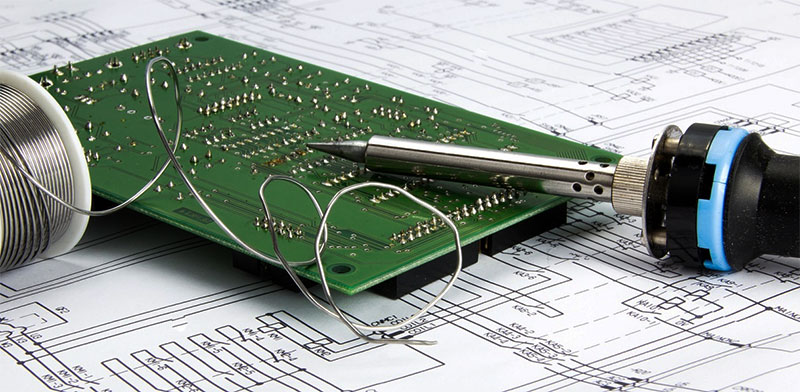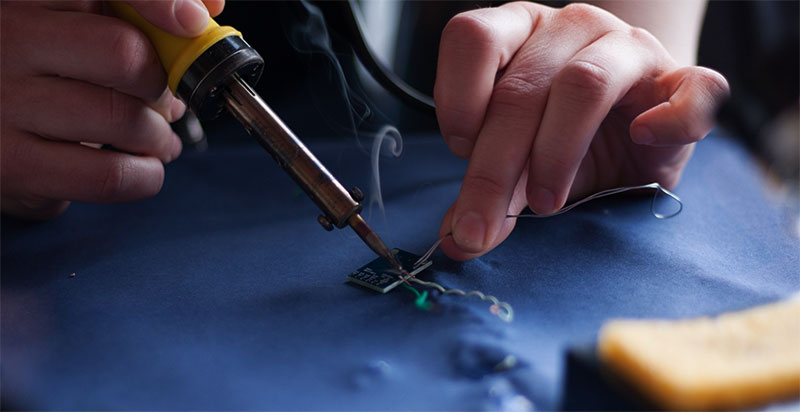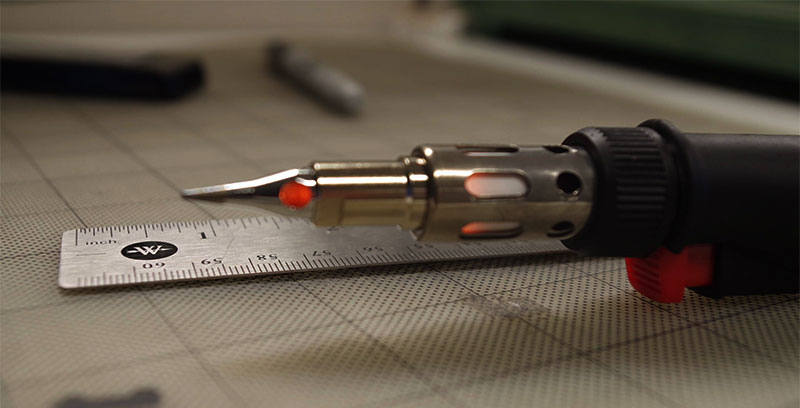
The Pros and Cons of Butane Soldering Irons vs. Electric Soldering Irons
- Published in: Equipment and Tools
- Written by
- Permalink
Soldering irons are a necessary part of many different types of projects. They’re used for everything from jewelry to electronics, and they come in several different varieties. Butane soldering irons have a broader range of heat than electric soldering irons, so it’s important to know which one is right for you before you buy.
The main advantage of using a butane soldering iron is that it is convenient. For people who are on the go, this type of tool provides them with an easy way to solder things together while they’re away from their workbench or workshop. It’s also perfect for those who don’t want to deal with extension cords and power outlets when working on projects in different locations around their home or yard. While there are some advantages to choosing this type of tool over electric ones, many people find that the disadvantages outweigh them. One major disadvantage is safety. Because butane soldering irons get very hot, they can cause serious injuries if not used properly or handled by someone who doesn’t know what they are doing.
Why are butane soldering irons better than electric?

Butane soldering irons are a great tool for any soldering job. They’re portable, easy to use, and can be found at a relatively low cost on the internet. The only problem is that they don’t come with all the features you would find in an electric soldering iron. For example, you won’t get as much control over heat settings, so it’s harder to create precise connections when using a butane soldering iron than with an electric model. But if you need something for occasional or emergency use, then it’s hard to beat their portability and affordability.
Butane soldering irons vs. electric ones are two very different options when it comes to soldering. Both have their advantages and disadvantages, but which one is best for you? First, of course, you’ll need to decide between these two types of irons based on your skill level, the kind of work you do, and how much money you can spend. But before we get into all of that, let’s look at what each type has going for it in terms of features and benefits.
Why choose a butane soldering iron?

When it comes to soldering, there are a number of different tools that can be used. The most common type of solder is the Analogue Solder which is made from Tin and Lead. However, butane Soldering Irons have been gaining popularity thanks to their portability and affordability.
Soldering irons are tools that are used to make electrical connections between two metal pieces. When the solder is melted, it forms a liquid connection between the two surfaces. The process of soldering can be done either with an electric or butane-powered iron, and both have their pros and cons depending on what you need them for. Electric irons plug into a wall socket, while butane-powered ones require users to purchase flammable gas cartridges. There are upsides and downsides to each one so let’s take a look at them below.
Butane soldering irons are a great alternative to their electric counterparts. They provide the same results as electric soldering irons, but they have a few pros and cons that you should know before purchasing one for your home or business.
